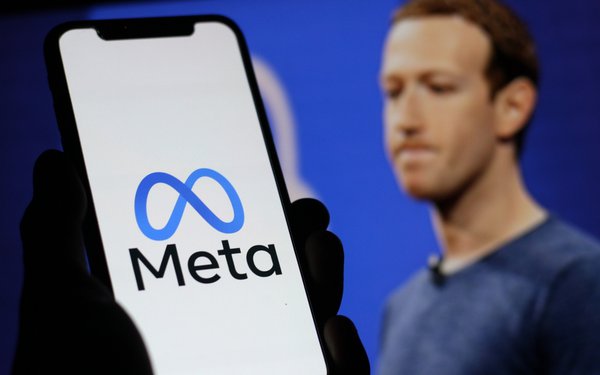
In a move that has drawn praise from Donald Trump, Meta is
ending third-party fact-checking on its platforms.
It will also allow people see more political content in their feeds while lifting restrictions on some
topics.
The parent of Facebook and Instagram will instead focus enforcement on “illegal and high-severity violations.”
Meta CEO Mark
Zuckerberg, who recently dined with Trump at Mar-A-Lago, claims these changes will aid free expression, but critics fear they will further the spread of disinformation and hate.
“We will end the current third party fact checking program in the United States and instead begin moving to a Community Notes program,” writes Joel Kaplan, chief global affairs
officer of Meta. “We’ve seen this approach work on X – where they empower their community to decide when posts are potentially misleading and need more context, and people
across a diverse range of perspectives decide what sort of context is helpful for other users to see.”
advertisement
advertisement
Kaplan continues that Meta has developed “increasingly complex systems to
manage content across our platforms, partly in response to societal and political pressure to moderate content.” But, he adds, “This approach has gone too far. As well-intentioned as many
of these efforts have been, they have expanded over time to the point where we are making too many mistakes, frustrating our users and too often getting in the way of the free expression we set out to
enable.”
President-elect Trump commented, “I think they’ve come a long way,” according to The Washington Post. But he answered a reporter’s question
by saying that Zuckerberg was probably changing policy in response to his threats.
Kaplan contends that on platforms where “billions of people can have a voice, all the good, bad
and ugly is on display. But that’s free expression.”
But The Washington Post writes: “The end of the fact-checking program could deal a devastating blow to the
coterie of organizations that rely on Meta’s funding to track and counteract viral conspiracy theories.”